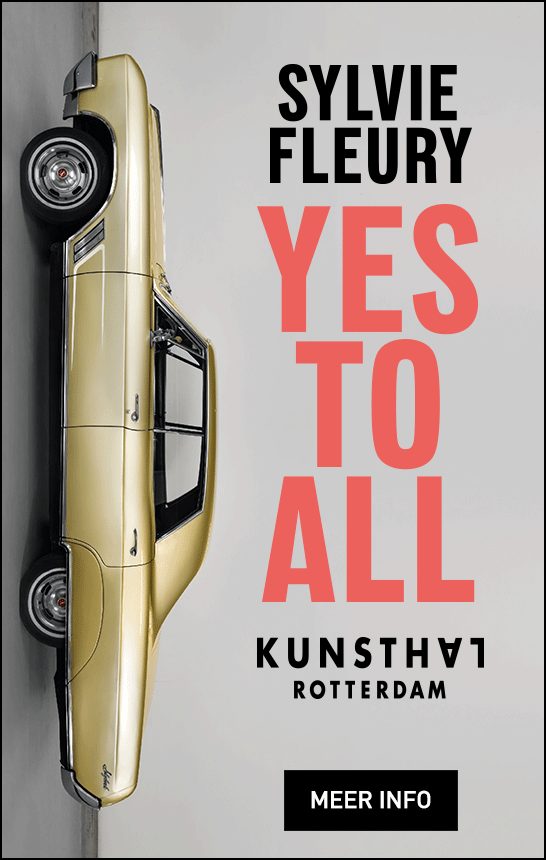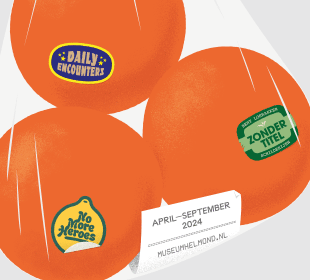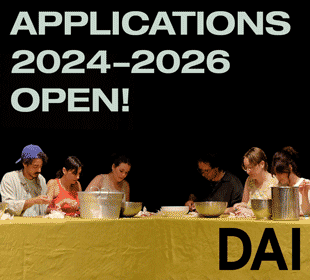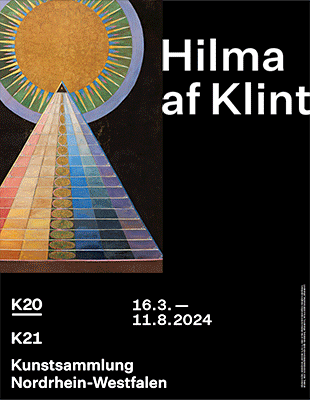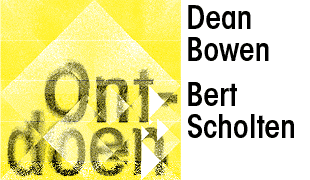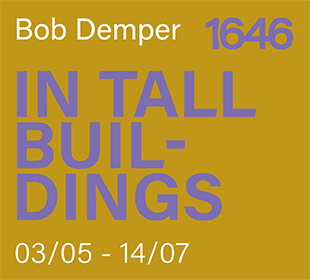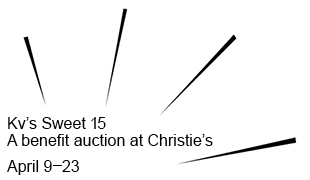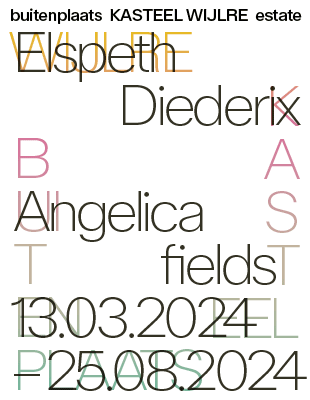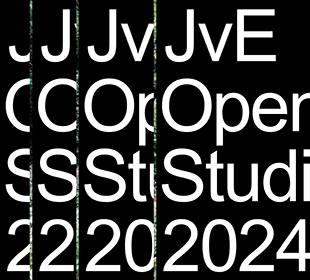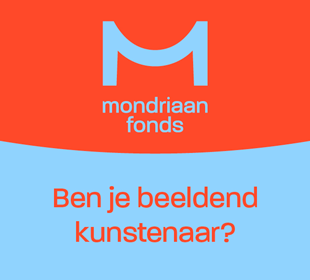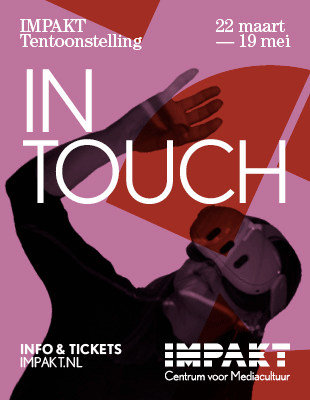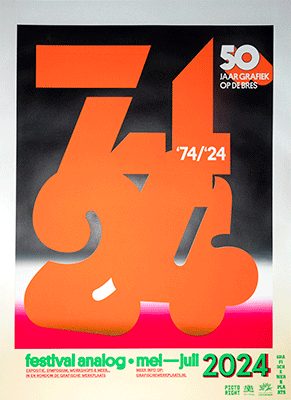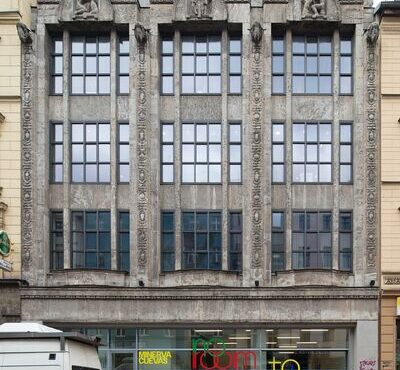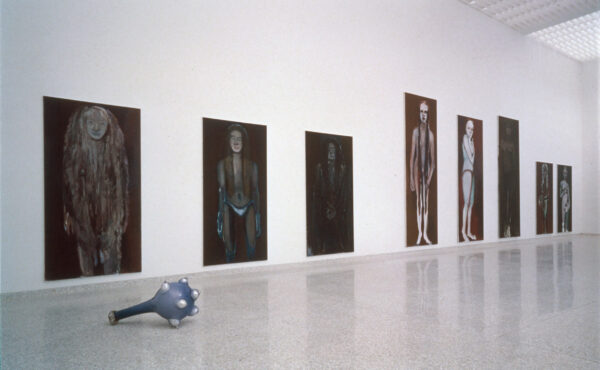Sven Lütticken unpacks the dynamics of the Volksbühne occupation
Sven Lütticken unpacks the dynamics of the Volksbühne occupation in light of current political changes and the German media’s role therein.
I
On Friday, September 22, Berlin’s Volksbühne was occupied by a coalition of activists protesting against the theater’s new artistic director, Chris Dercon, who is taking over a post held, since 1992, by Frank Castorf. In contrast to Castorf’s career in the theater, Dercon comes from Tate Modern and is seen as an exponent of contemporary art – and further, is viewed by many as a key proponent of contemporary art’s most fully generalized and eventized form: a type of art-in-general in the service of capitalist city marketing and event culture. As the weekend progressed, news of the occupation shared airtime with Germany’s federal elections, held two days later and which resulted in the admission of the nation’s far right Alternative für Deutschland (AfD) party to parliament; the first extreme right party to win seats in the Bundestag in more than 50 years.
Especially in light of the tense election mood, it was interesting that many German newspapers went out of their way to delegitimize the occupiers’ efforts.
More in Texte zur Kunst
